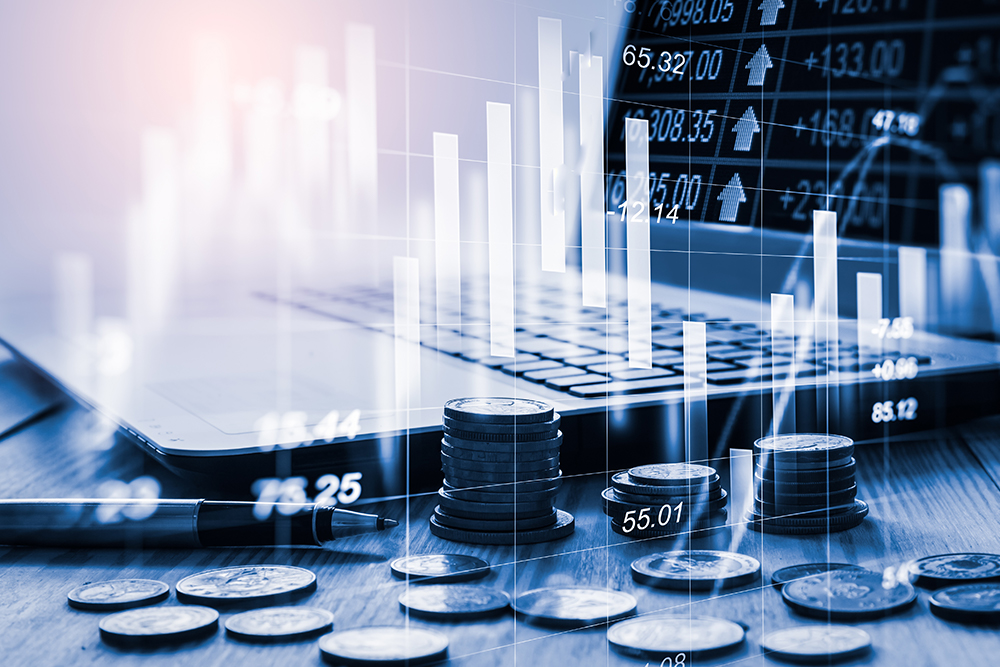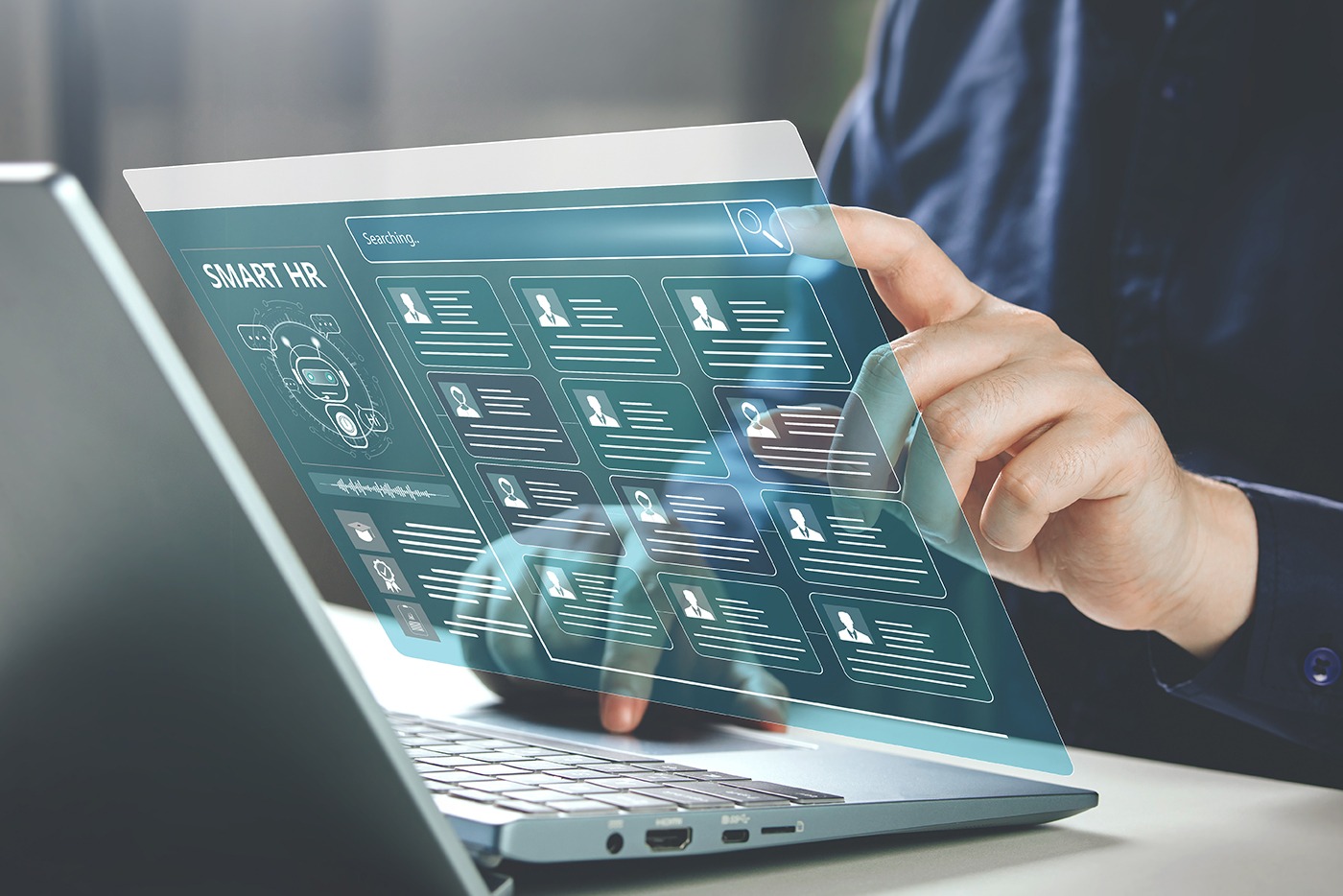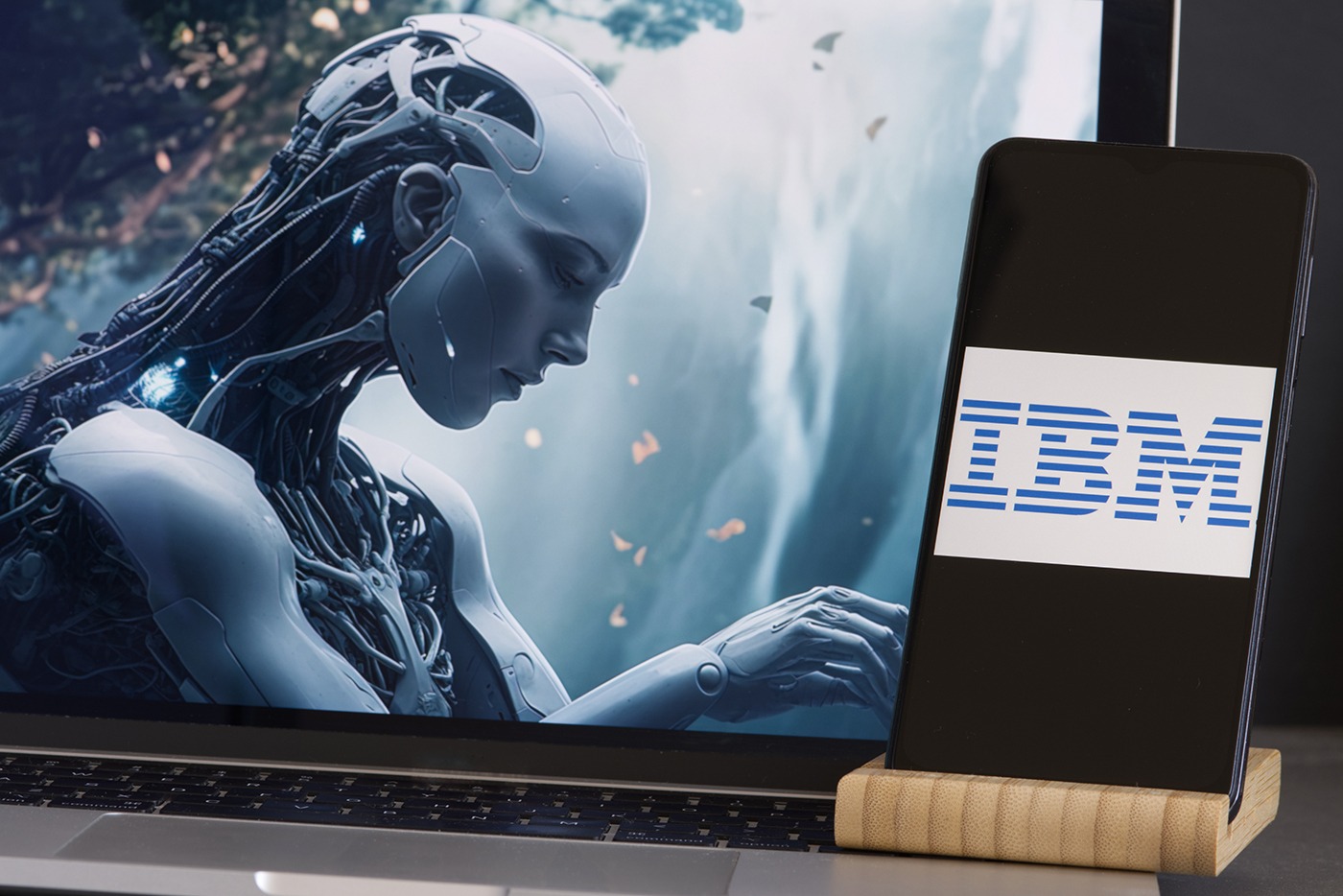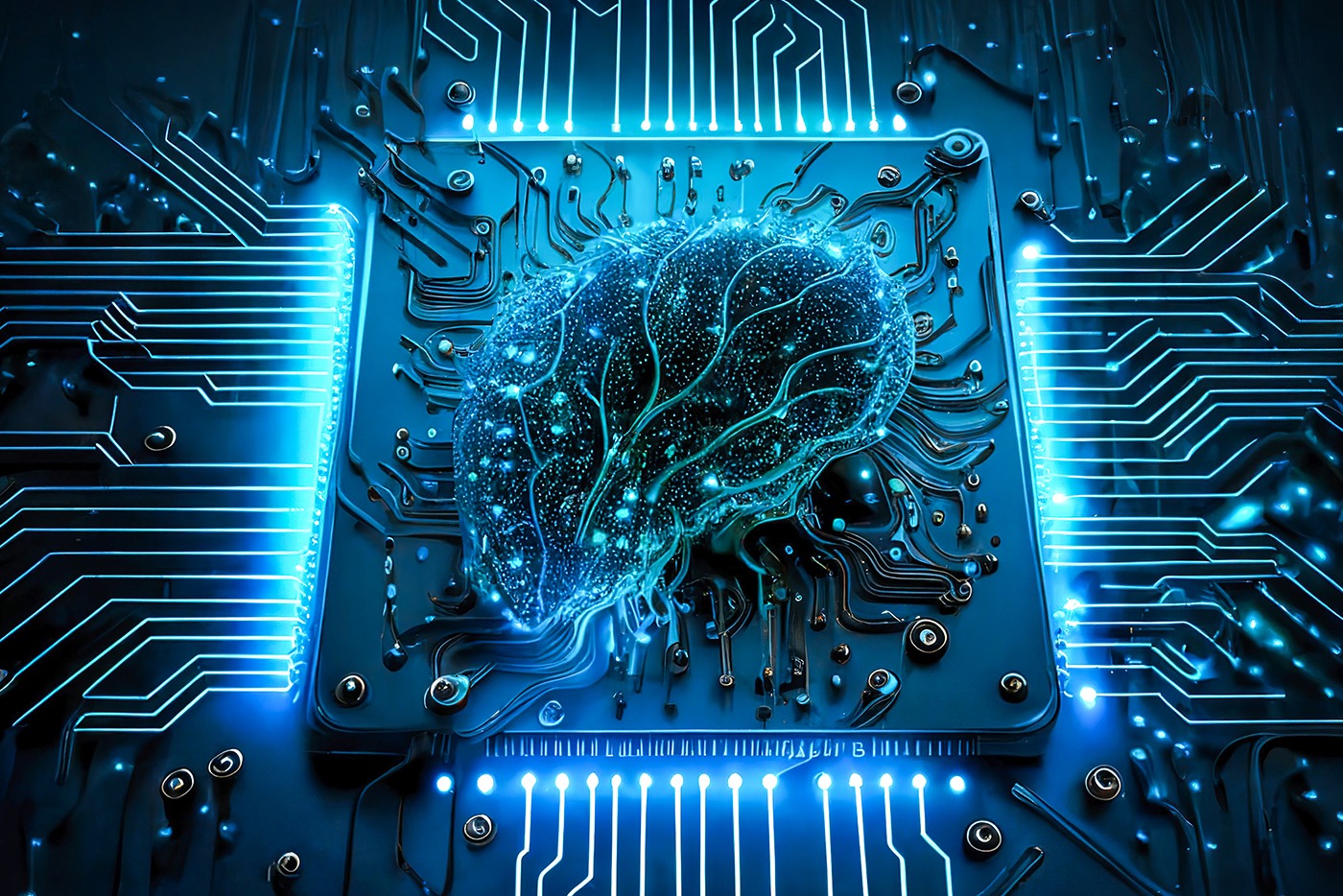The 6 Biggest Technology Trends In Accounting And Finance
2 July 2021
The explosion in data that has launched the Fourth Industrial Revolution, an era when business will be transformed by cyber-physical systems, has enabled several technology trends to develop. Every business can leverage these important trends and should pay attention to how best to use them, but accountants should really evaluate how these six technologies can be used strategically to achieve the company’s business strategy.

1. Big Data
Data is crucial to make business financial decisions. Today, data isn’t just numbers and spreadsheets that accountants have been familiar with for years; it also includes unstructured data that can be analysed through natural language processing. This can allow for real-time status monitoring of financial matters. Data is the fuel that powers other technology trends that are transforming finance and accounting in the Fourth Industrial Revolution. Even the audit process has been digitalised. In the financial realm, data produces valuable insights, drives results and creates a better experience for clients. Since everything leaves a digital footprint, the unprecedented digitalisation of our world is creating opportunities to glean new insights from data that wasn’t possible before. These insights help improve internal operations and build revenue.
2. Increased Computing Power
Just as it is for other companies, all the data created by our digitalised world would be useless or at least less powerful if it weren’t for the advances in computing power. These changes allow accounting and finance departments and firms to store and use the data effectively. First, there are the cloud services from providers such as Amazon, Google, and Microsoft that provide scalable systems and software to leverage that can be accessed wherever and whenever it’s needed. Edge computing has also grown. This is where the computing happens not in the cloud, but right where the data is collected. The adoption of 5G (fifth generation) cellular network technology will be the backbone of a smarter world. When quantum computing is fully adopted, it will be transformative in a way that cannot even be predicted at this point since it will catapult our computing power exponentially. Quantum computers will be able to provide services and solve problems that weren’t possible with traditional computers. There will be tremendous value in the financial world for this capability.
3. Artificial Intelligence (AI)
Artificial intelligence can help accounting and finance professionals be more productive. AI algorithms allow machines to take over time-consuming, repetitive, and redundant tasks. Rather than just crunch numbers, with the support of AI, financial professionals will be able to spend more time delivering actionable insight. Machines can help reduce costs and errors by streamlining operations. The more finance professionals rely on AI to do what it does best—analyse and process a tremendous amount of data and take care of monotonous tasks—the more time humans will recover to do what they do best. New technology has changed the expectations clients have when working with companies, and it’s the same for accounting. AI helps accountants be more efficient.
4. Intelligence of Things
When the internet of things, the system of interconnected devices and machines, combines with artificial intelligence, the result is the intelligence of things. These items can communicate and operate without human intervention and offer many advantages for accounting systems and finance professionals. The intelligence of things helps finance professionals track ledgers, transactions, and other records in real-time. With the support of artificial intelligence, patterns can be identified, or issues can be resolved quickly. This continuous monitoring makes accounting activities such as audits much more streamlined and stress-free. In addition, the intelligence of things improves inventory tracking and management.
5. Autonomous Robots
Robots don’t have to be physical entities. In accounting and finance, robotic process automation (RPA) can handle repetitive and time-consuming tasks such as document analysis and processing, which is abundant in any accounting department. Freed up from these mundane tasks, accountants are able to spend time on strategy and advisory work. Intelligent automation (IA) is capable of mimicking human interaction and can even understand inferred meaning in client communication and adapt to an activity based on historical data. In addition, drones and unmanned aerial vehicles can even be deployed on appraisals and the like.
6. Blockchain
The final tech trend that has significant implications for accounting and finance professionals that I wish to cover is blockchain. A distributed ledger or blockchain is a highly secure database. It’s a way to securely store and accurately record data, which has broad applications in accounting and financial records. Blockchain enables smart contracts, protecting and transferring ownership of assets, verifying people’s identities and credentials, and more. Once blockchain is widely adopted, and challenges around industry regulation are overcome, it will benefit businesses by reducing costs, increasing traceability, and enhancing security.
Related Articles
How Data And AI Are Reshaping Contemporary HR Practices
The world of human resources (HR) stands on the precipice of an exciting era powered by data and AI.[...]
Business Leadership In The AI Era – IBM’s AI Academy
Remember when the internet was new? Or if you’re a little older, when computers were new? Imagine being able to relive those days, with the benefit of hindsight – having the chance to build your business into the first Google, Facebook or Amazon.[...]
The Top 5 Artificial Intelligence (AI) Trends For 2024
Today, we're diving deeper into the five most significant AI trends set to reshape our world in 2024.[...]
The 10 Most Important Customer Experience (CX) Trends In 2024
Good sales and marketing, quality control, pricing, customer service and after-sales all help businesses to generate sales.[...]
From Digital Gucci To Blockchain Supply Chains: Retail’s Web3 Revolution
From the early days of online shopping to the rise of influencer marketing, there’s no doubt the internet has revolutionized how we shop and make purchasing decisions.[...]
Generative AI: The Secret Weapon Of Successful CEOs
Remember how amazed we were when ChatGPT made its debut just a year ago? Well, as we’ve since learned, that was only the beginning.[...]
Sign up to Stay in Touch!
Bernard Marr is a world-renowned futurist, influencer and thought leader in the fields of business and technology, with a passion for using technology for the good of humanity.
He is a best-selling author of over 20 books, writes a regular column for Forbes and advises and coaches many of the world’s best-known organisations.
He has a combined following of 4 million people across his social media channels and newsletters and was ranked by LinkedIn as one of the top 5 business influencers in the world.
Bernard’s latest book is ‘Generative AI in Practice’.










Social Media